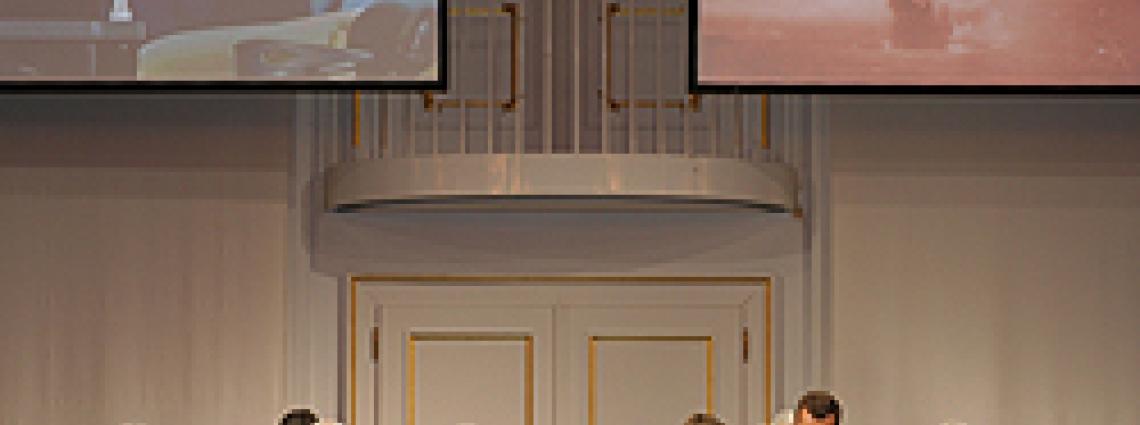Conference concludes with strong expressions of support for the CTBT and urgent calls for its entry into force
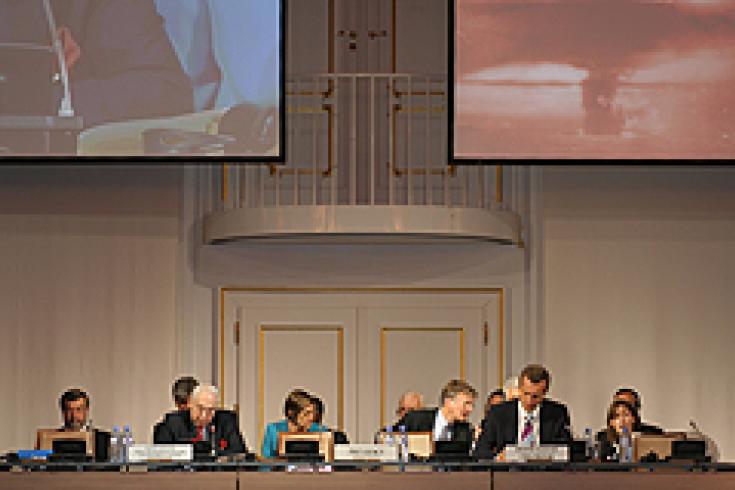
The fifth Conference to promote the CTBT took place in the former imperial palace Hofburg in Vienna, Austria.
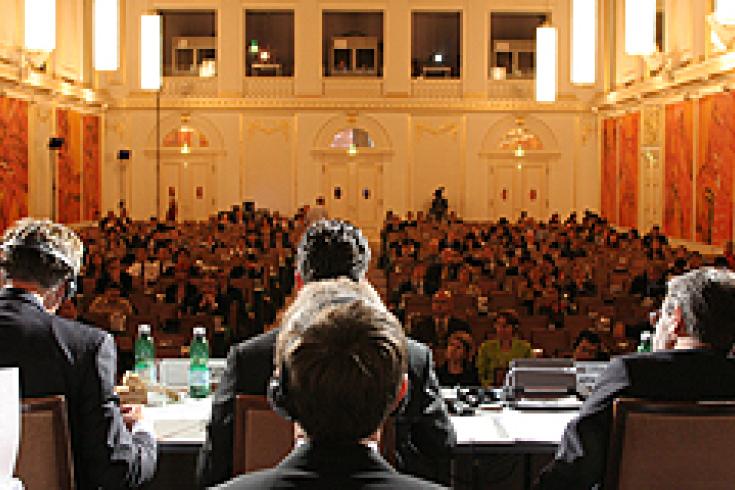
The Conference gathered representatives from 106 States.
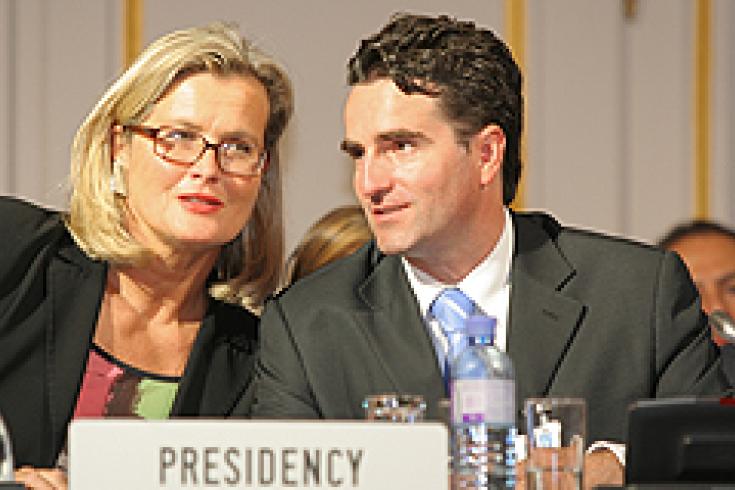
The Foreign Ministers of Austria and Costa Rica, Ursula Plassnik and Bruno Stagno Ugarte, presided jointly over the Conference.
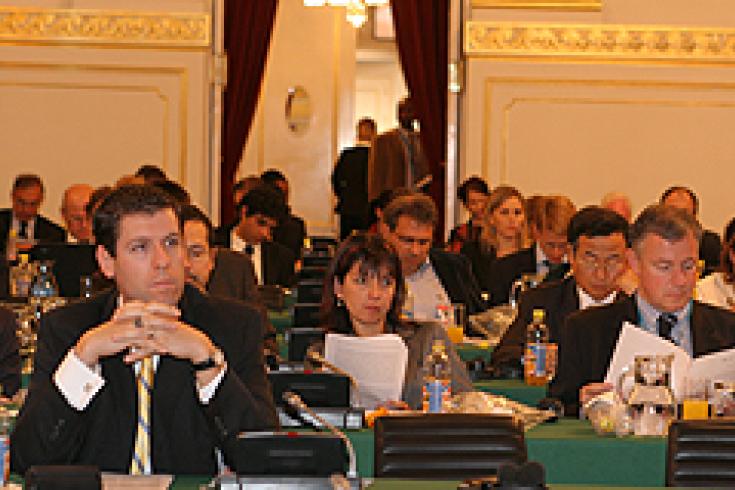
VERTIC organized a seminar on the margins of the Conference which attracted 120 participants.
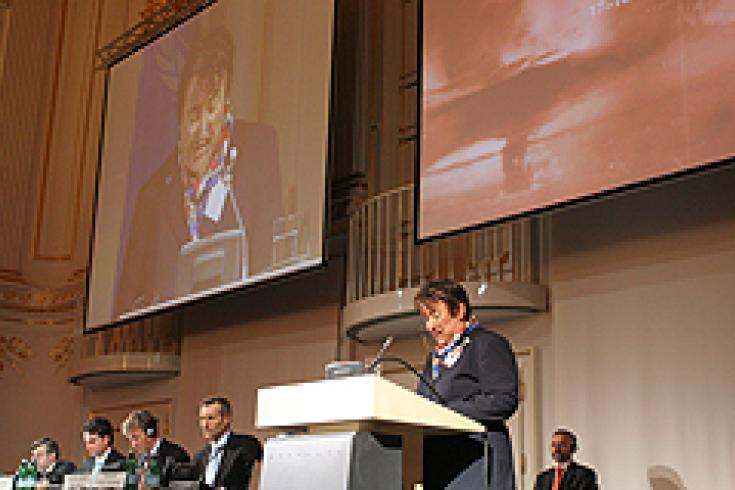
Lilly Gundacker of the Women's Federation for World Peace International delivered the statement on behalf of 44 NGOs.
28 Mar 2008
